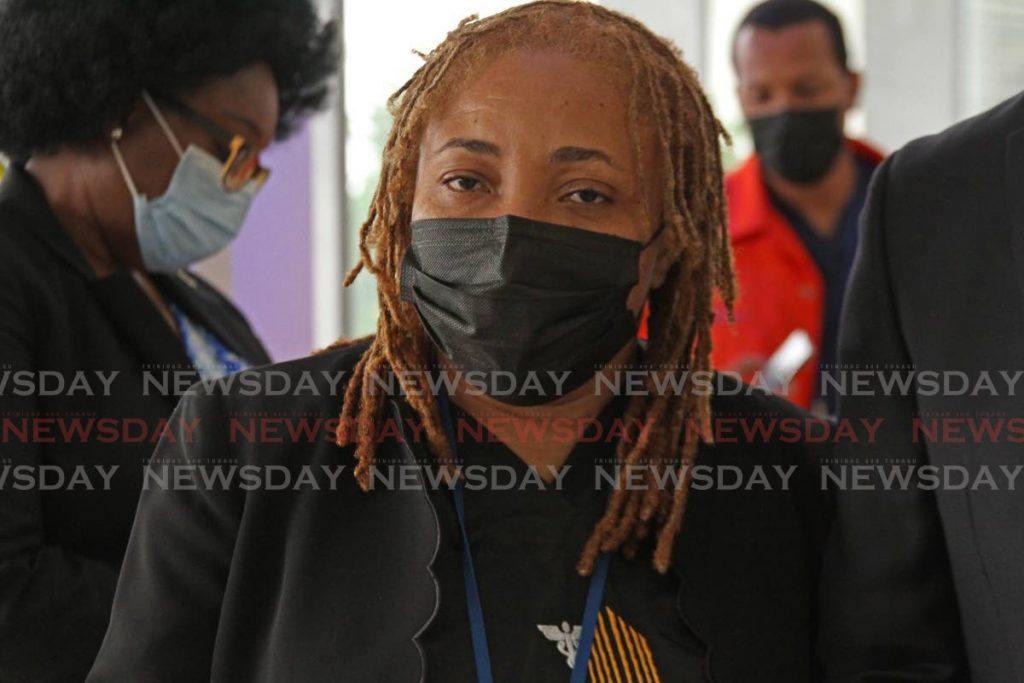Trinidad and Tobago leads region with 29 MIS-C cases

So far, at 29, TT has had the most cases of Multisystem Inflammatory Syndrome in Children (MIS-C) in the Caribbean.
Dr Joanne Paul, head of the Paediatric Emergency Department, Eric Williams Medical Sciences Complex, made the statement on Saturday, during the Health Ministry’s virtual press conference. She believed this was because TT had a covid19 surge before other Caribbean islands, and because the country’s doctors were paying attention.
“The paediatricians have been much more aggressive and much more aware so we haven’t been under-diagnosing. We have been picking (MIS-C) up really, really quickly...
“But I think it’s only temporary. By the end of this year, maybe even half way through, Jamaica will have increased cases and so will Bahamas and also Barbados.”
Four or more of the body’s systems, including the brain, heart, lungs, kidneys, bowel, liver, blood, and skin, had to be affected for it to be classified as MIS-C. Also, it usually occurs in mostly Afro and mixed children, four to six weeks after a covid19 infection.
Of the 29 cases of MIS-C, three had covid19 at the time of testing and 18 were positive for covid19 antibodies so they had covid19 at some point. Three were in the intensive care unit and the others had moderate illness but there were no deaths. There was no one in hospital with MIS-C as of Saturday.
She said worldwide, about 30 per cent of the children with MIS-C had no covid19 indicators. But covid19 prevention was still important by washing hands, wearing masks, and physical distancing.
She added that parents and guardians needed to be aware and look out for symptoms such as fever for about five days, persistent diarrhoea, rash, as well as brain and heart effects. If a child had these symptoms, she advised parents to go to the doctor and say they believe the child has MIS-C, ask for blood tests to see if the child’s organs were affected, as well as a covid19 PCR test and anti-body tests.
Treatment included steroids, intravenous immunoglobulin (IVIg), antibiotics, and aspirin.
“The whole thing we have been doing during this entire pandemic on the Trinidad side is trying to make sure we do it very aggressively and we do it early to make sure we protect the population.”
She said internationally, effects last from three to six months in children. So far, in TT, children suffer from inflamed heart vessels, joint pain, and slow cognitive abilities for a few months.


Comments
"Trinidad and Tobago leads region with 29 MIS-C cases"